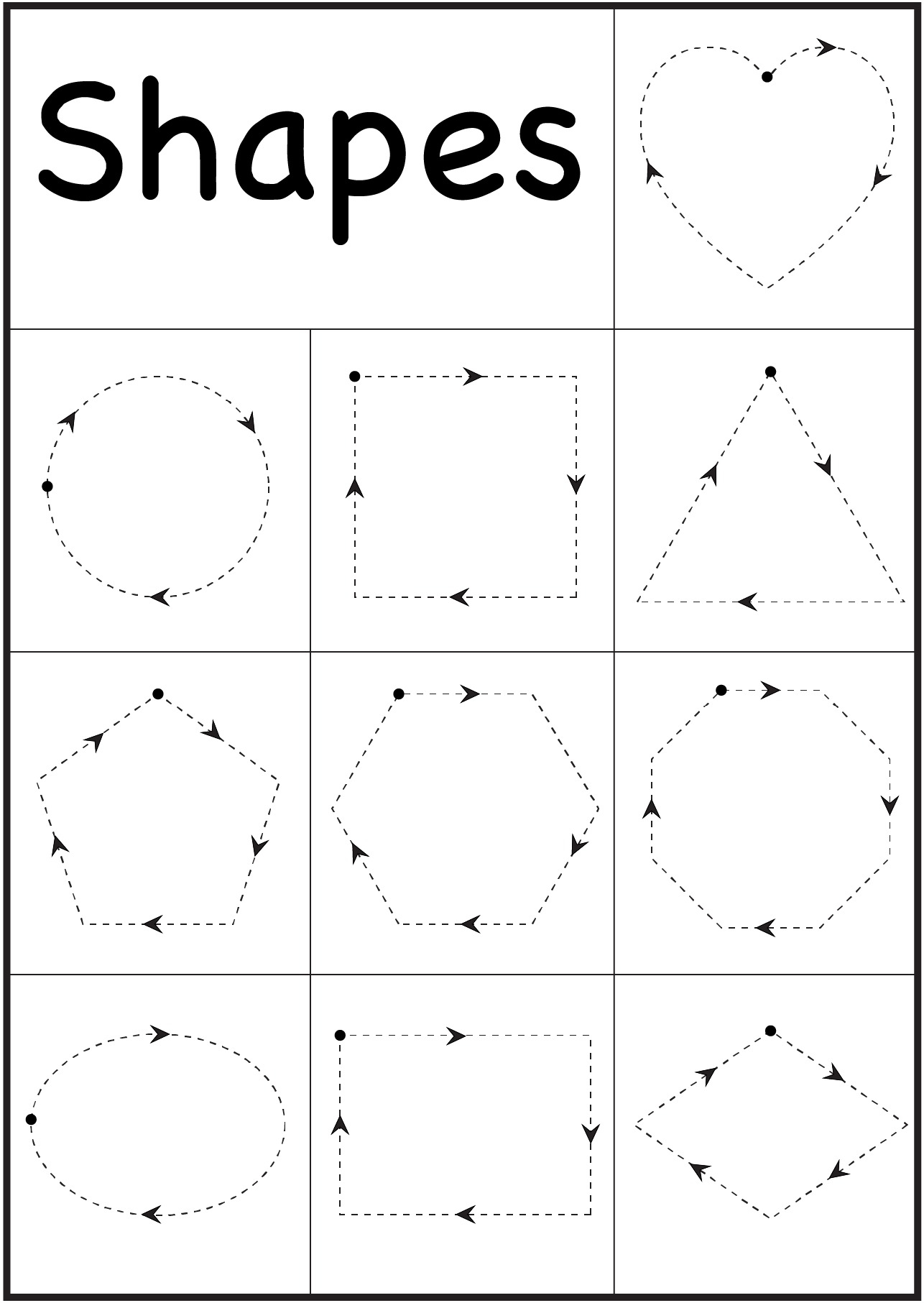Introducing math concepts to young children can be both fun and educational. By engaging them in interactive and hands-on activities, you can help them develop a strong foundation in math from an early age. For 2 to 3 year olds, printable math activities can be a great way to introduce basic numeracy skills in a playful manner.
These activities not only help children learn numbers and counting but also improve their cognitive skills, hand-eye coordination, and problem-solving abilities. Here are some printable math activities that are perfect for 2 to 3 year olds:
Math Activities for 2 to 3 Year Olds Printable
1. Number Matching: Print out a set of number cards with numbers 1-5 on them. Have your child match each number card with the corresponding number of objects (e.g., 3 with three apples). This activity helps them recognize numbers and understand the concept of quantity.
2. Counting Worksheets: Print out simple counting worksheets with pictures of animals, fruits, or other objects. Encourage your child to count the items in each row and write the correct number in the box provided. This activity helps them practice counting and number recognition.
3. Shape Sorting: Print out shape cards with different shapes like circle, square, triangle, and rectangle. Have your child sort small objects like buttons or beads into the corresponding shape card. This activity helps them learn about shapes and improve their sorting skills.
4. Pattern Recognition: Print out pattern cards with simple ABAB or ABCABC patterns. Have your child continue the pattern using stickers or markers. This activity helps them develop pattern recognition skills and logical thinking.
5. Addition and Subtraction Flashcards: Print out addition and subtraction flashcards with simple sums and differences. Practice with your child by asking them to solve the equations using objects like counters or toys. This activity helps them understand basic math operations.
By engaging in these printable math activities, 2 to 3 year olds can have fun while learning important math concepts. Remember to keep the activities short and engaging to hold their attention. With regular practice, you can help your child build a strong math foundation that will benefit them in the years to come.
